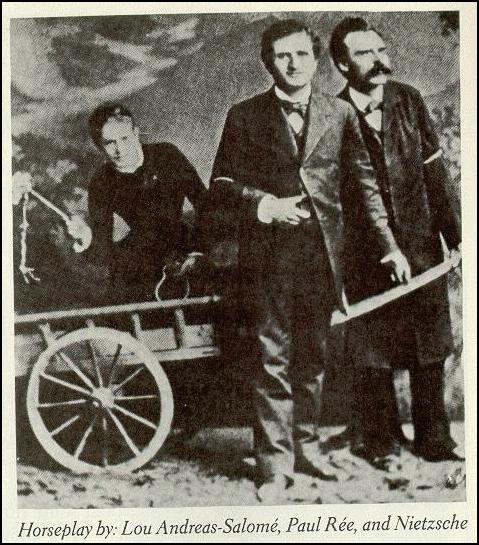Nietzsche: A Philosophical Biography
By Rudiger Safranski
Freud once said that Nietzsche had ‘a more penetrating knowledge of himself than any man who ever lived or was likely to live.’ In Safranski’s Nietzsche: A Philosophical Biography, one gets a sense of how this obsession with self-knowledge and self-surveillance developed: the young Nietzsche spent a good portion of his time writing diaries, reading and re-reading his entries and sometimes critiquing them and making annotations. He wrote his first autobiographical essay when he was fourteen. In the decade that followed, he wrote eight more.
This book deals with Nietzsche’s philosophy as a whole, and a lot of time is spent on the relationship between art and politics. Nietzsche believed that for the elite world of culture and art and philosophy to exist, a lower class – in his mind, a class of ‘slaves’ – was needed. A just and at the same time artistically productive world was impossible, since it is the labor of the majority that gives a select few the time and energy to compose, write or philosophize. What this amounts to saying is that good art is impossible under socialism, and stated in these terms it becomes less an artistic stance, which I think Nietzsche intended it to be, than a political one. Safranski quotes from a poem by Hugo von Hofmannsthal to illustrate the view:
Many truly down below must perish
Where the heavy oars of ships are passing;
Others by the helm up there have dwelling,
Know the flight of birds and starry countries.
Nietzsche sides with the men on deck as against the slaves rowing below. He looks on in disgust at the ‘roar of sympathy’ that may some day erupt from the working class, along with its growing ‘urge for justice.’ Because a just world would mean the end of great men and of great art, he sought to prop up all the little injustices that plagued nineteenth-century Germany: he was dead set against the shortening of the workday, and he thought child labor justified and necessary.
Many writers have attacked Nietzsche for his apparent influence on Nazism and on fascism generally, attacks made possible I think only by a superficial reading of his books. In Safranski’s boigraphy one gets more grounded criticism, along with a decent record of how Nietzsche’s philosophy developed over the course of his life.





